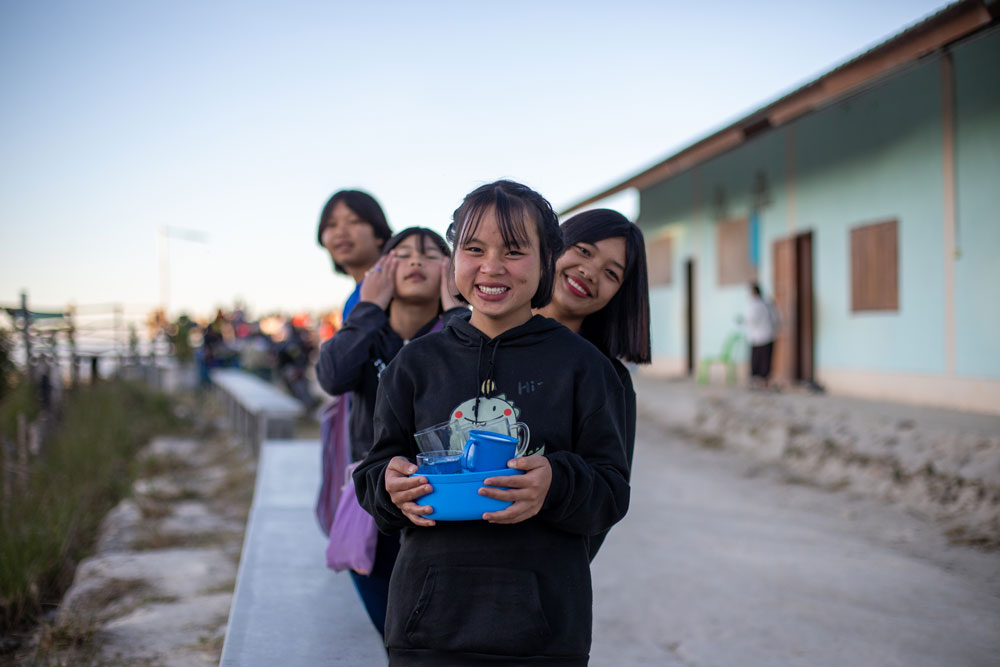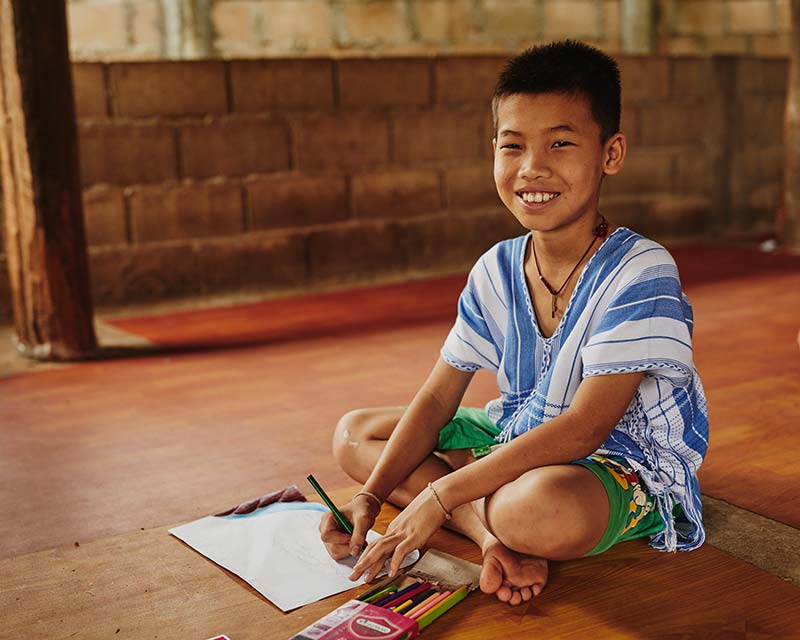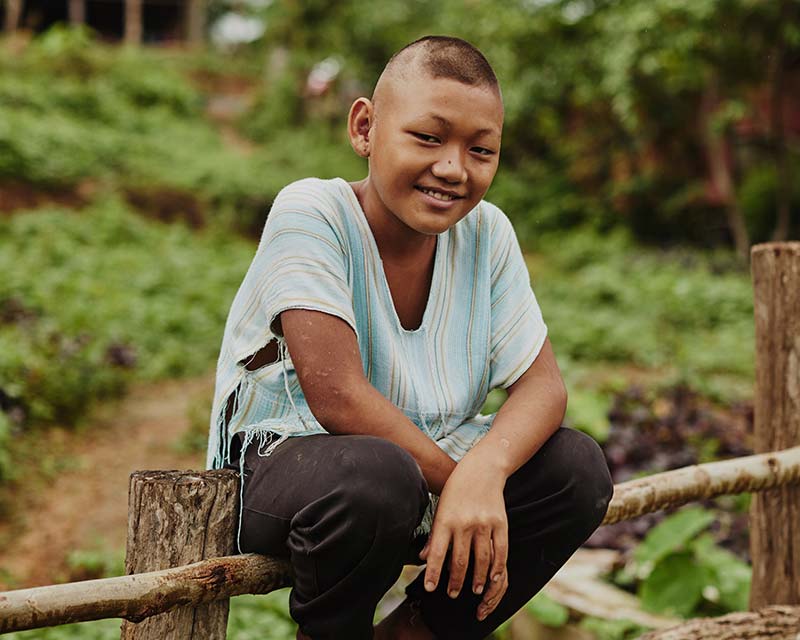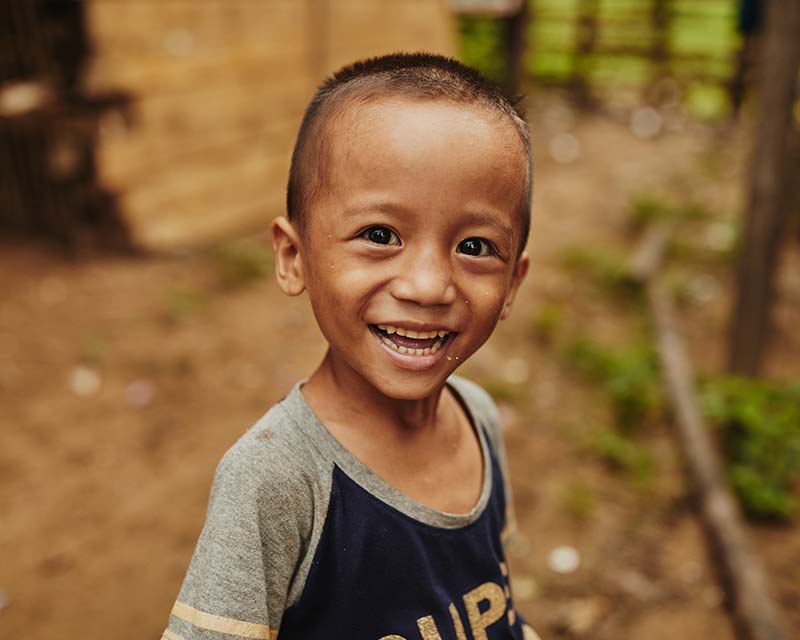Thailand is called 'The Land of Smiles' and is known for its tropical beaches, beautiful palaces and historic ancient ruins. Thai people are known for being positive, warm and family-oriented, and they take great pride in their culture. Family is the cornerstone of life, and it is quite common for elderly relatives to live together with younger family members.
The country was an absolute monarchy until 1932, when it became a constitutional monarchy. It’s the only country in Southeast Asia that has never been colonised, but that doesn’t mean it has been free from political struggle. Thailand has a long history of military coups. Former Prime Minister Prayut Chan-o-cha seized power in a military coup in 2014. After three months of uncertainty following an election in May 2023, Srettha Thavisin was appointed as Thailand's newest Prime Minister.
Despite deep political divisions, Thailand has experienced rapid social and economic development over the past four decades, changing from an agricultural-based to an industrial-based economy. However, inequalities in socio-economic welfare still remain, caused by disparities in the distribution of wealth, environmental degradation and the effects of urbanisation and COVID-19. The people groups living in the nation’s northern- and western-most regions are particularly affected, due to a combination of a lack of infrastructure and services and their status as ethnic minorities.
Up to half of these ethnic minority hill tribe members don’t have citizenship papers, meaning they cannot own land or travel freely between districts and have no access to social welfare services. This makes them vulnerable to a range of issues: poor healthcare and education, unemployment and economic poverty, even trafficking and threats of displacement. Yet, without citizenship, they lack representation and face a long road to economic and social equality.
The local church continues to be critically important in caring for the families and children of these forgotten communities.
READ MOREkeyboard_arrow_down
READ LESSkeyboard_arrow_up






